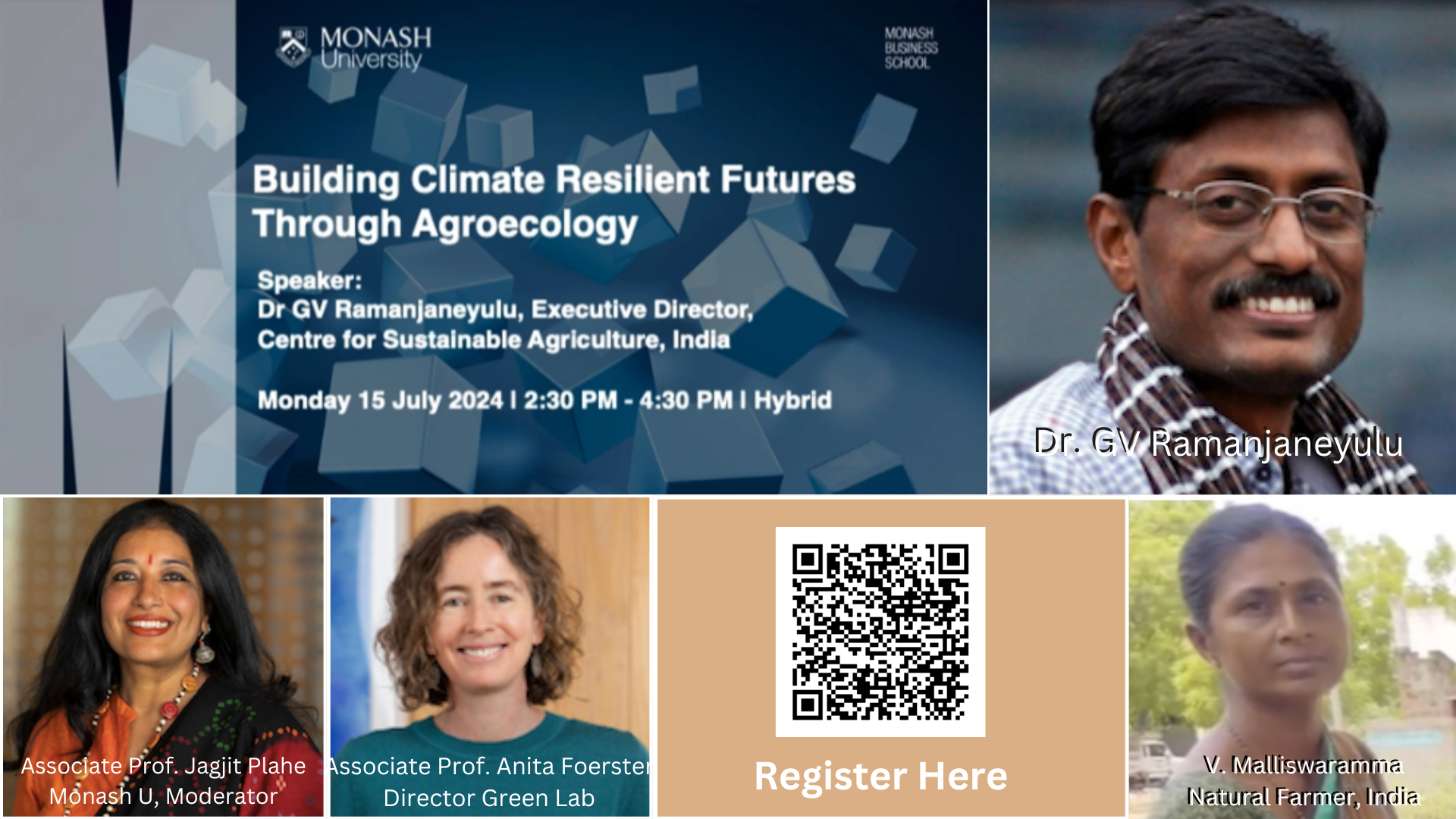
According to the Intergovernmental Panel on Climate Change (IPCC), ever year agriculture, forestry and land use are responsible for 22 percent of global greenhouse gas (GHG) emissions. The IPCC’s Fifth Assessment Report (Working Group III) warns that reducing emissions in the agricultural sector is key to limiting climate change in the 21st century. While the agri-food sector is a major contributor to GHG emissions, agriculture production (which involves millions of farming households across the world) is highly vulnerable to climate change. There is an urgent need to foster both climate-smart and climate-resilient agriculture and food systems to support decarbonisation and ensure livelihood security in developing countries.
The work and understandings of agriculture and climate change are primarily based on technocentric frames which do not include the voices of those on the ground who are most affected. There is thus an urgent need to co-develop analyses and climate resilient practices with affected communities for whom this a lived and embodied experience.
In this hybrid seminar, we hear from the Centre for Sustainable Agriculture (CSA) India, which has been working on climate-resilient agriculture through agroecology for over 20 years. CSA is a professional resource organization engaged in establishing models of sustainable agriculture working in partnership with Indian Indigenous and tribal communities, Farmer Producer Organisations (FPOs) and Community Based Organizations by scaling up the successes in agroecology and working actively with policy makers at the local, state and national level to build a climate resilient future.
Over 20 years CSA has contributed to a paradigm shift in India working with 100,000 farmers in communities across India including Adivasi (Indigenous) communities. CSA promotes sustainable agricultural technologies led by farmers’ knowledge and skills, famers’ innovation based on local conditions and the use of nature’s products and processes to gain better control over the pre-production and production processes involved in agri-food systems.
CSA also works with various state governments to introduce agroecological methods to build climate-resilient agriculture. Partly due to CSA’s efforts, sustainable agriculture has now transitioned from a farmers’ movement to a concept and practice that is being adopted by state governments. The state of Andhra Pradesh (with a population of 53.40 million people) is transitioning fully to an organic state by 2031. This follows Sikkim which is the first fully organic state in India.
CSA is part of the largest agroecological model in the world, a model which is leading to transformative change to build a climate resilient future.
In this hybrid seminar we will hear from the head of CSA Dr GV Ramanjaneyulu about CSA’s efforts in building climate resilient agriculture specifically focussing on the following:
- The promotion of organic agriculture through Farmer Producer Organisations in 4 states across India
- Progress in the development of Farmer Service Centres
- Progress in farmer-led organic certification
- Progress in building innovate markets for organic farmers in India
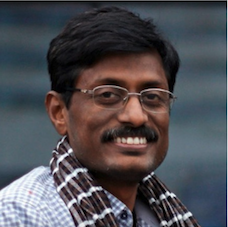
Speaker: Dr GV Ramanjaneyulu, Centre for Sustainable Agriculture (CSA)
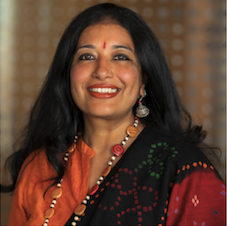
Moderator: Associate Professor Jagjit Plahe, Monash University
Bio: Jagjit is Associate Professor of International Political Economy. Her research interests include the management and organisation of equitable and sustainable food systems in developing countries, trade justice and global food security.
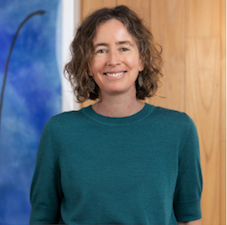
Acknowledgement of Country (Australia) and Welcome Note
Associate Professor Anita Foerster, Director, Green Lab, Impact Labs, Monash Business School
Bio: Anita is an Associate Professor in environmental and climate law at Monash Business School and Director of Green Lab. Anita’s research uses socio-legal methods to explore how law and regulation develop, how they are implemented and what effect they have in practice.
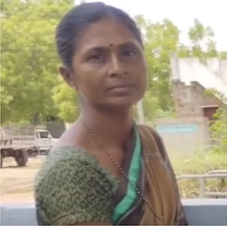
V. Malliswaramma.
Smt. V. Malleswaramma has been involved in farming activities for over 20 years. She started her organic farming journey on one acre of rain-fed land in Musala Reddy Garipalli village, Kadapa district, Andhra Pradesh. Today she farms 10 acres using Natural Farming practices, cultivating 52 different varieties of crops. Malleswaramma is the president of Gayatri Women Farmers Mutual Help Co-operative Limited. She provides employment to 10 women in her village and is a key resource person for her community and beyond. Malleswaramma will talk to us about her journey as a farmer leader in agroecology. She will discuss the challeges and opportunities that her community faces in building climate resilience through agroecology.
This event is co-organised with the Critical Reorientations on Organisations and Society (CROS) Research Interest Group.
For all enquires email jagjit.plahe@monash.edu
